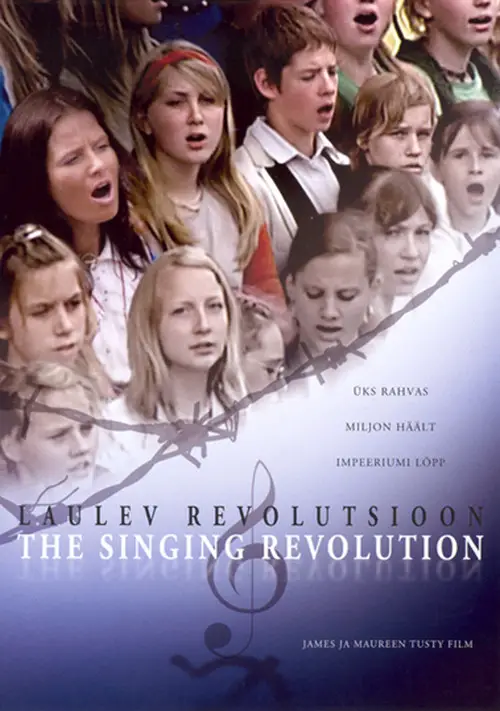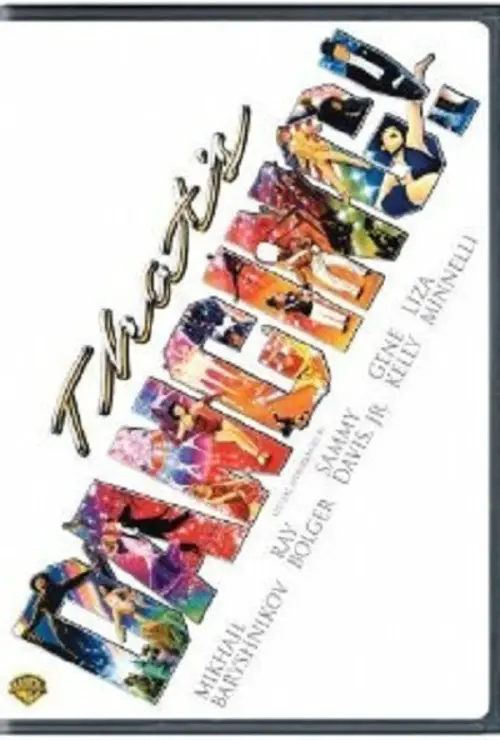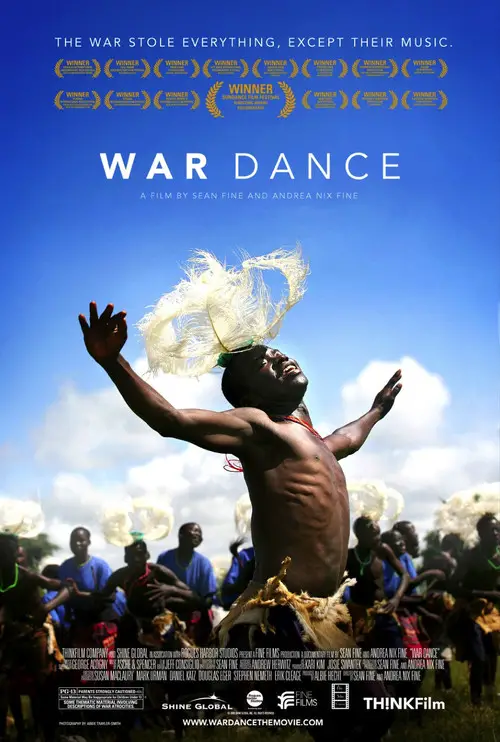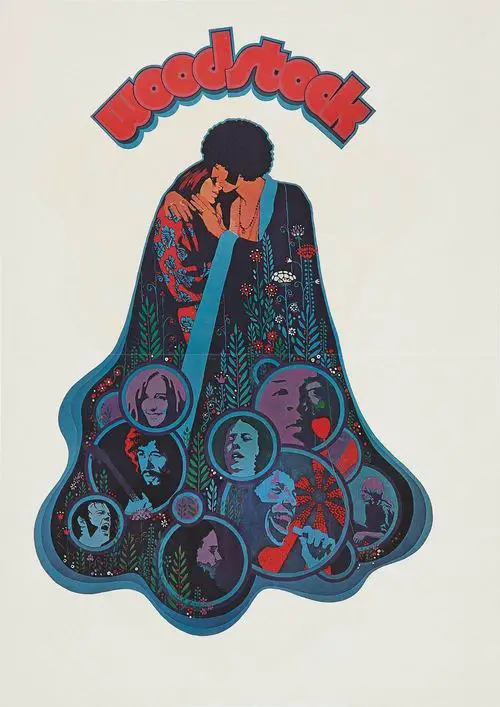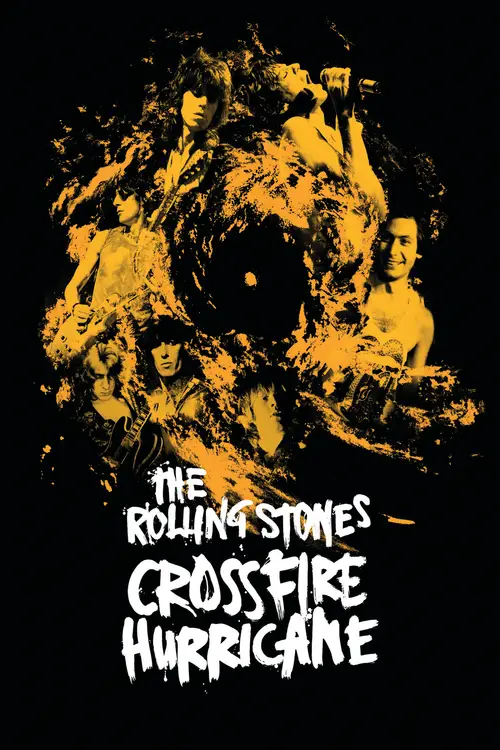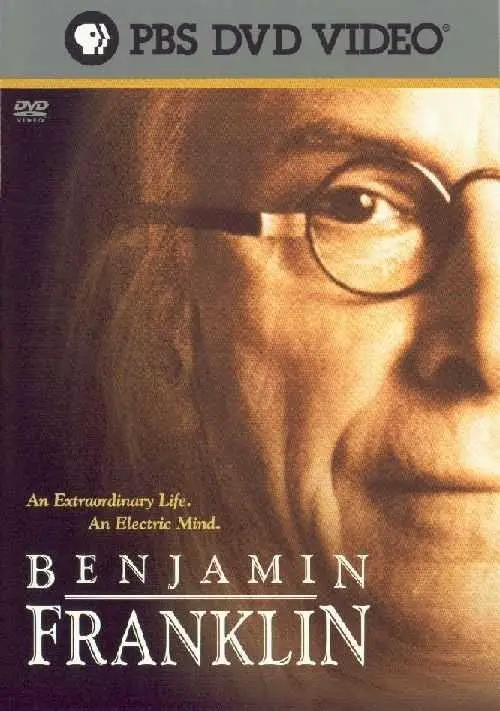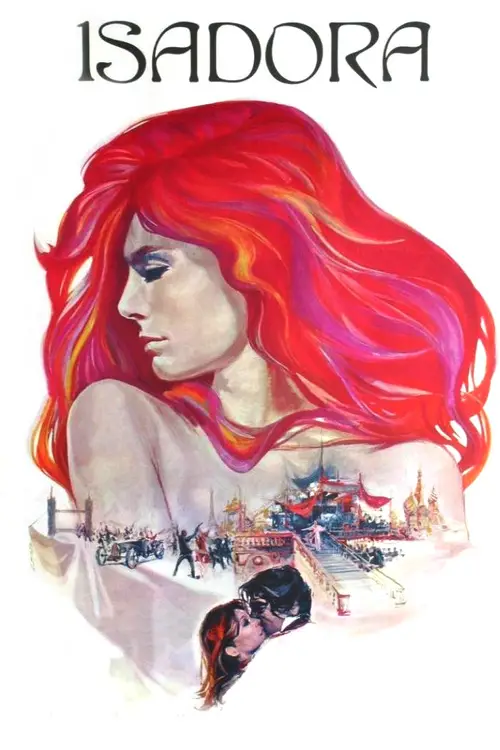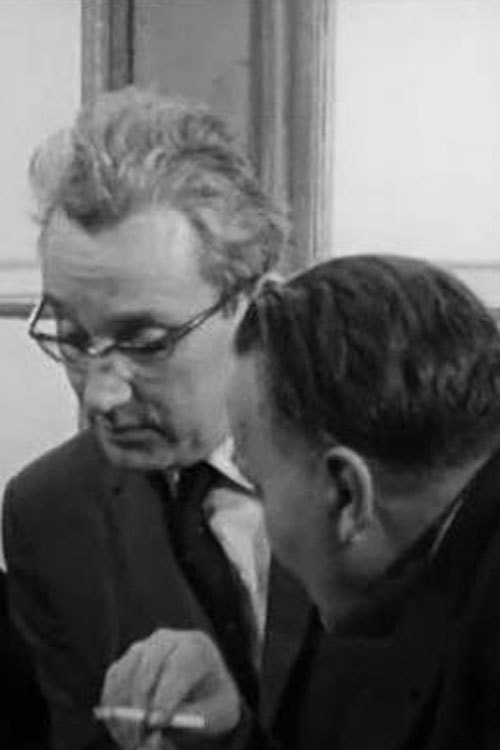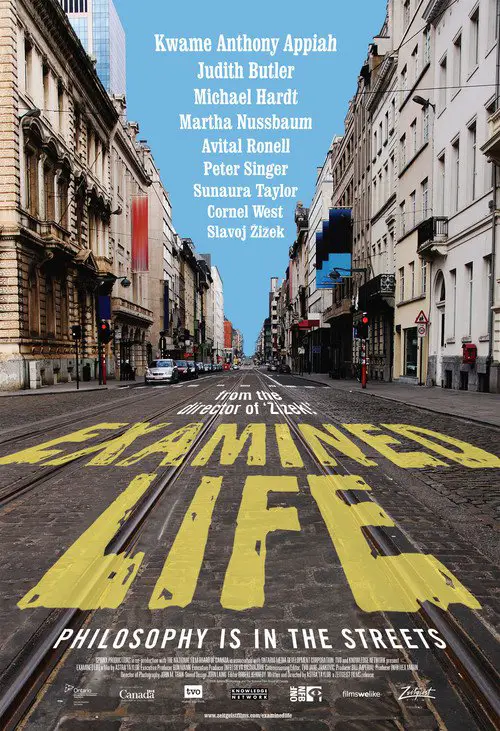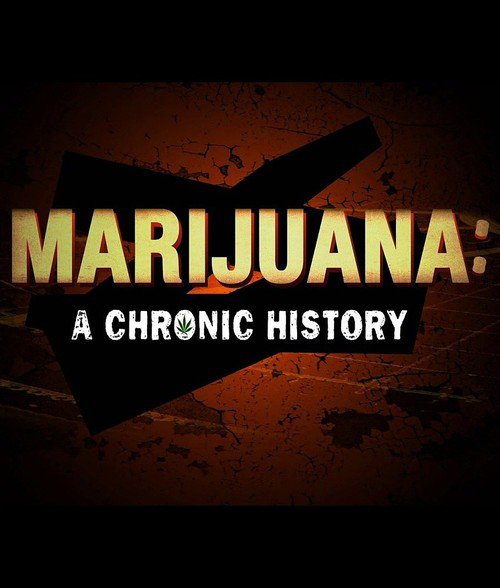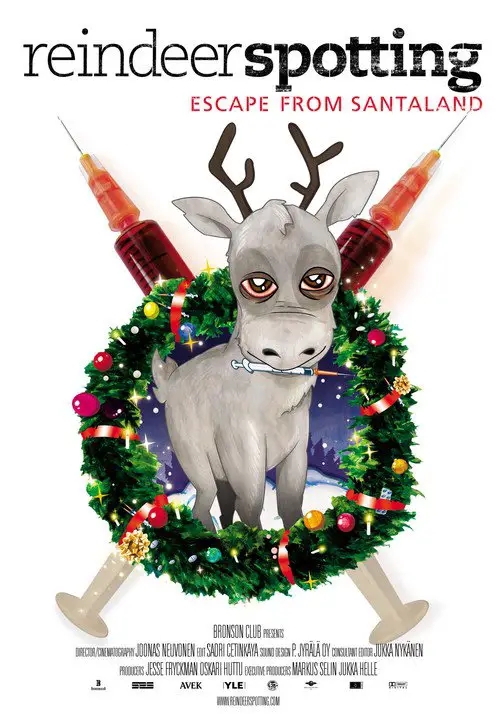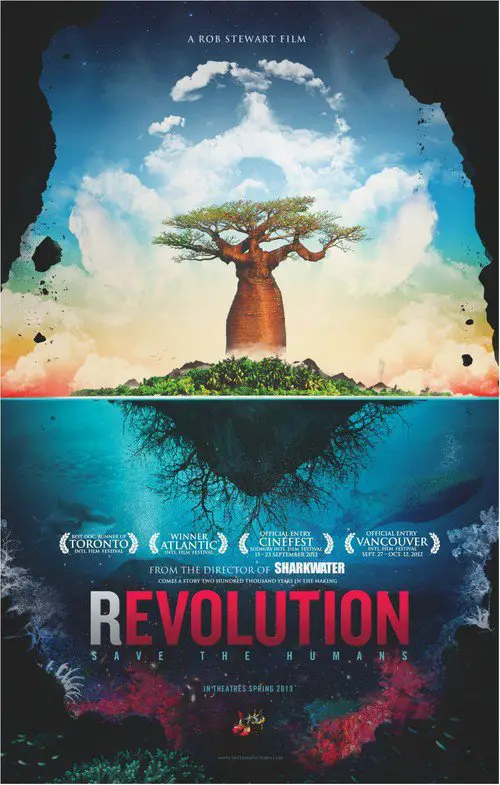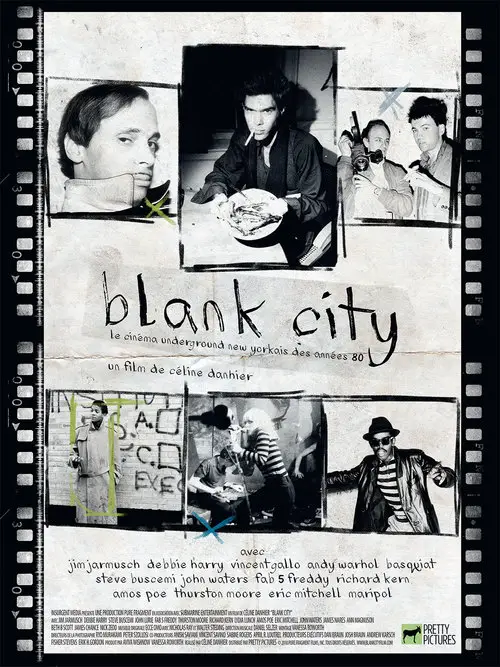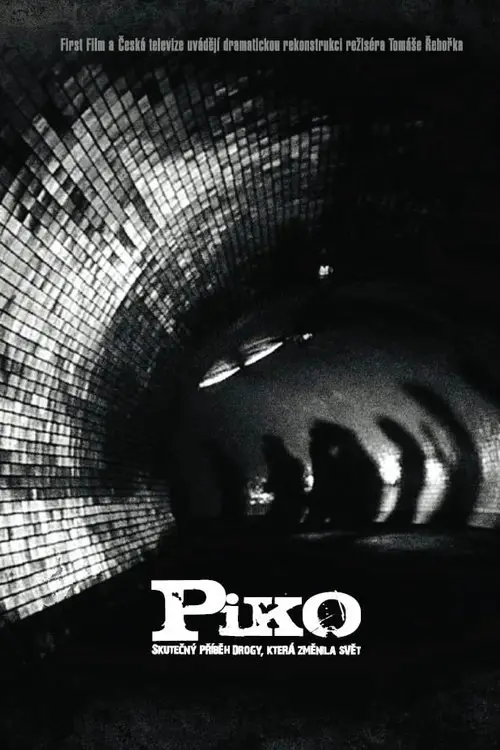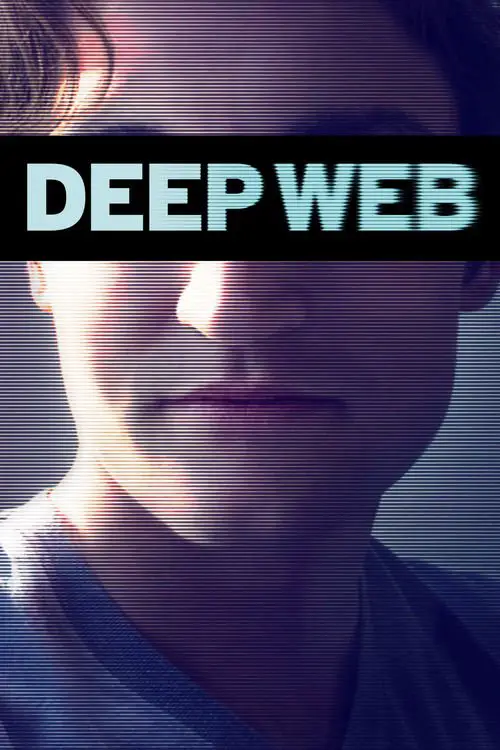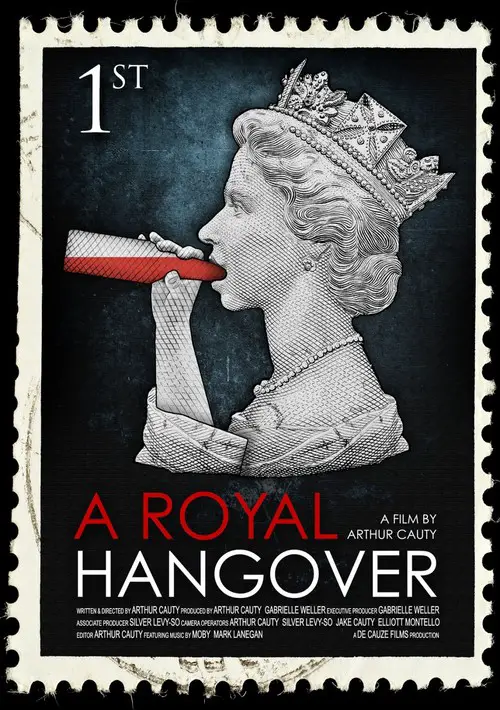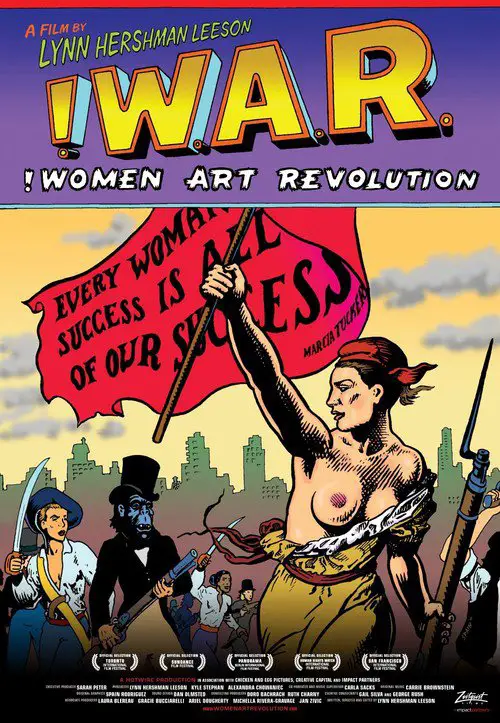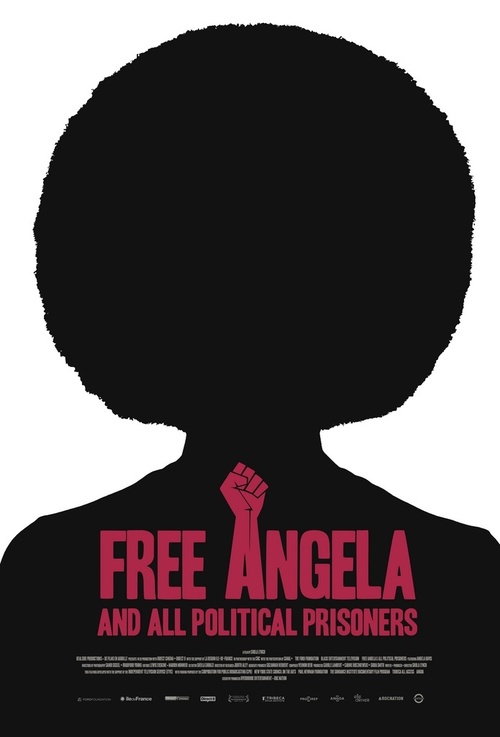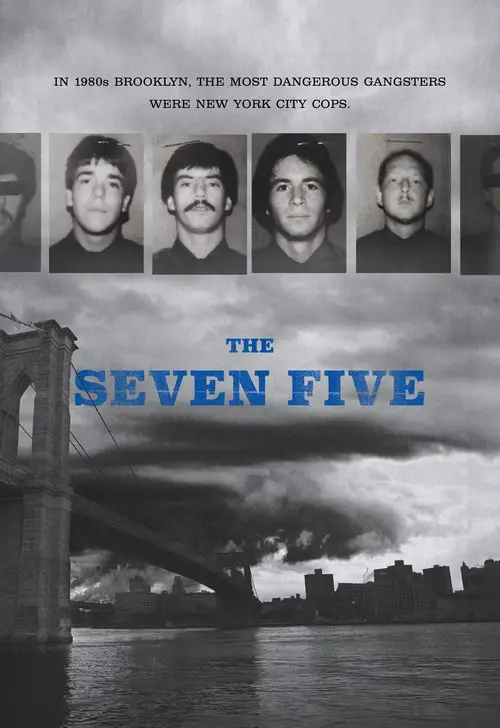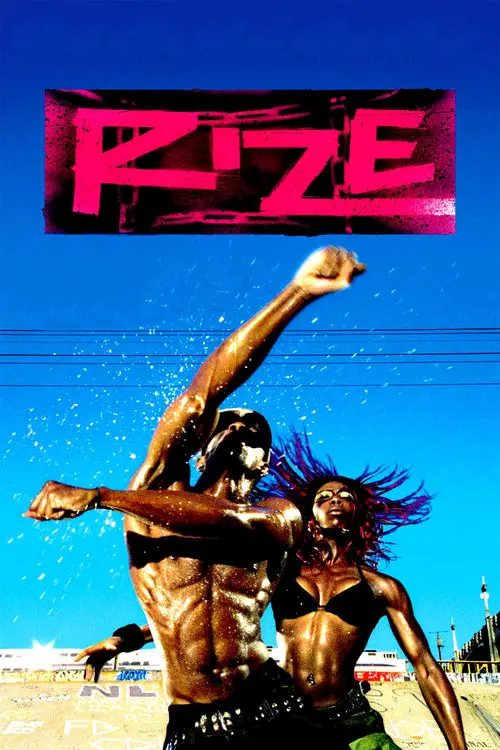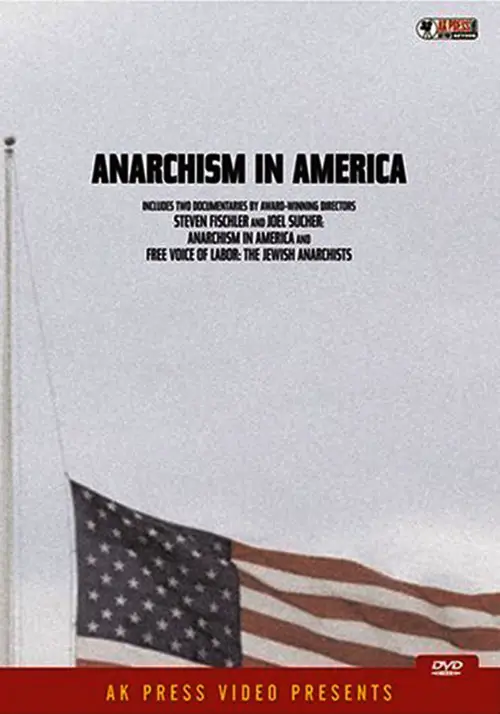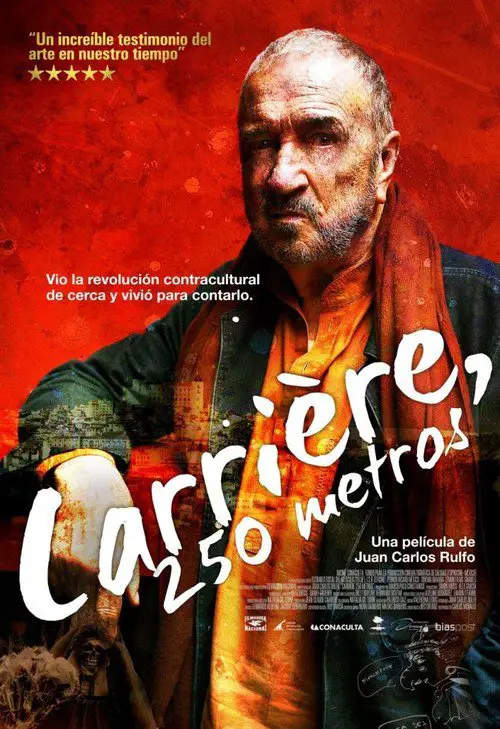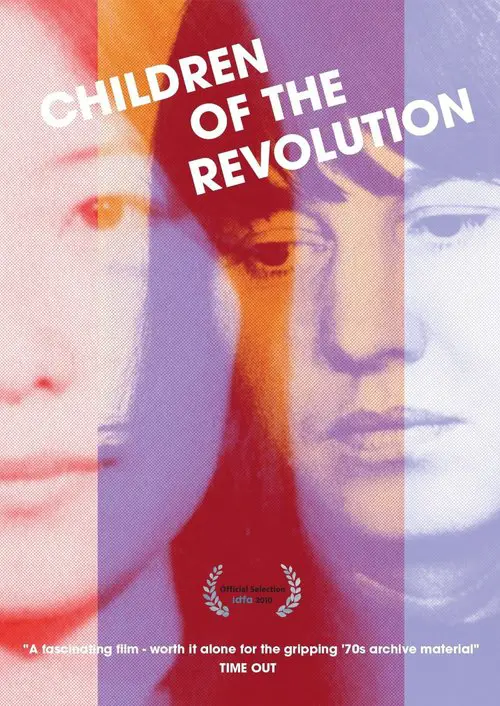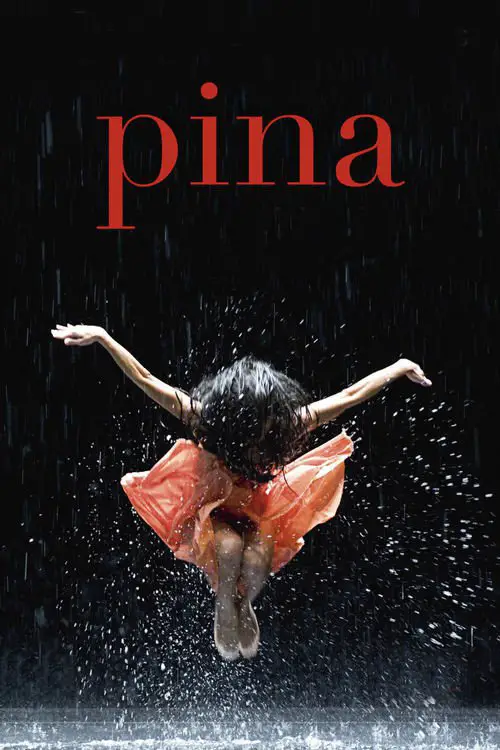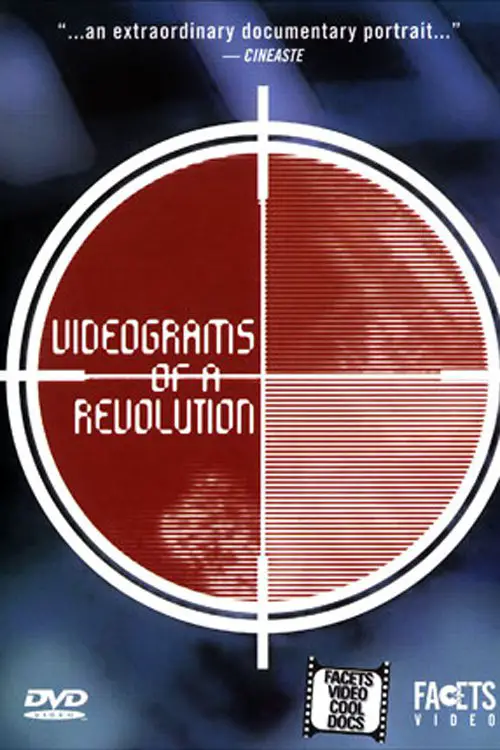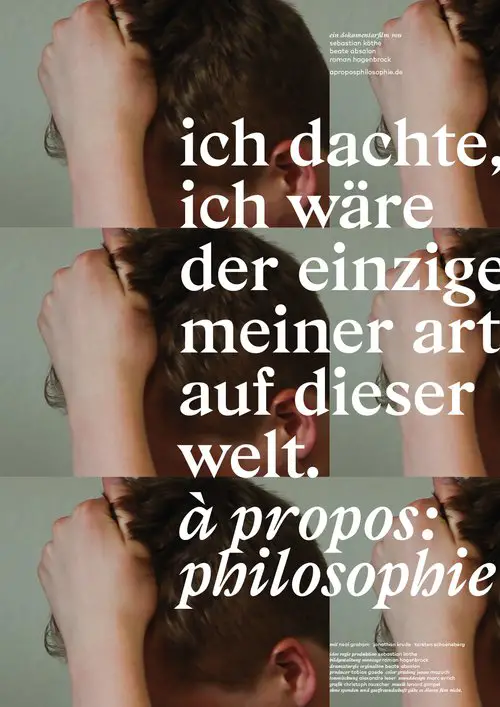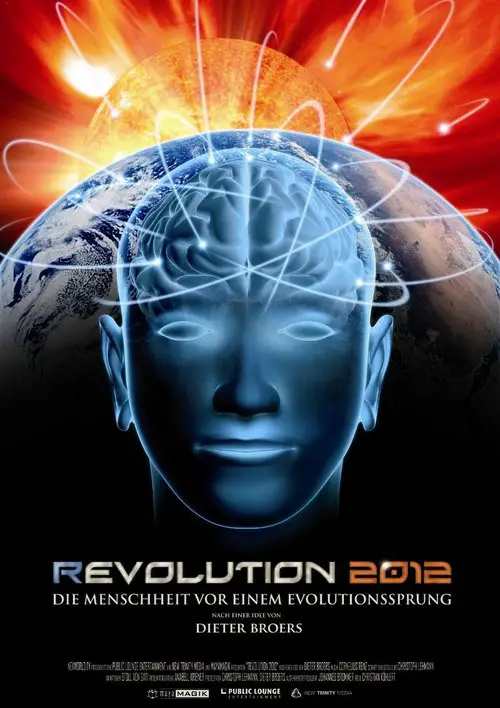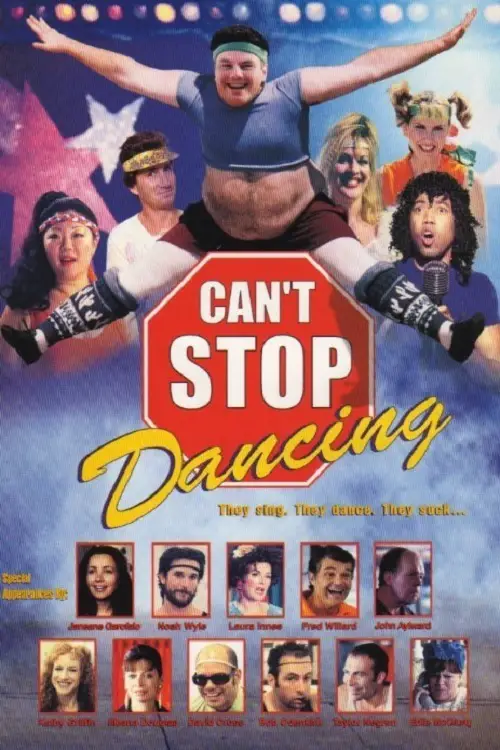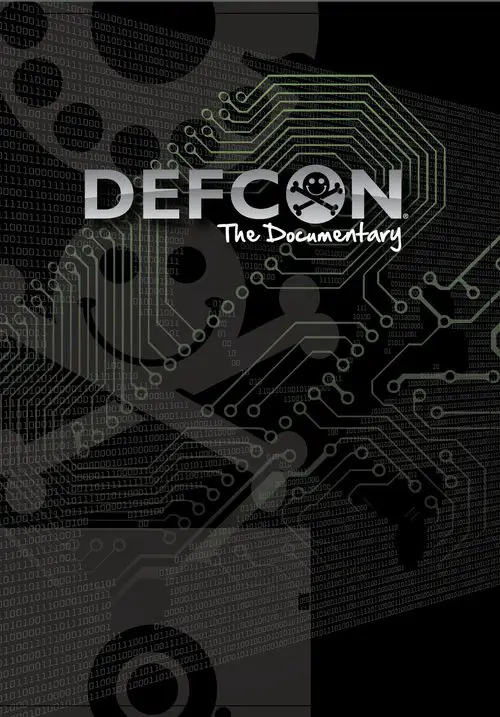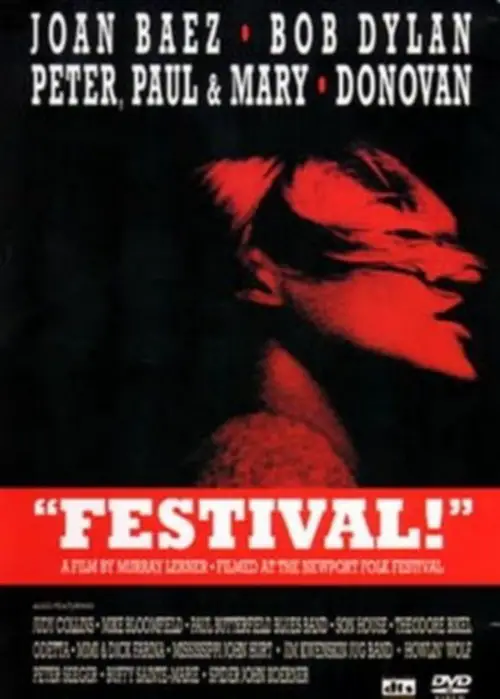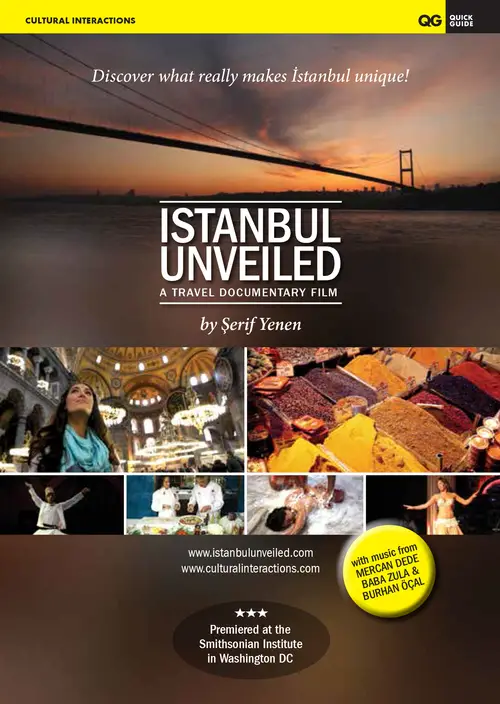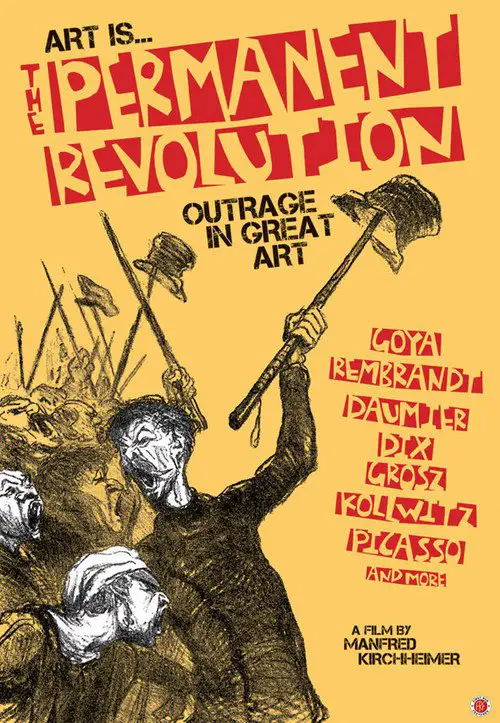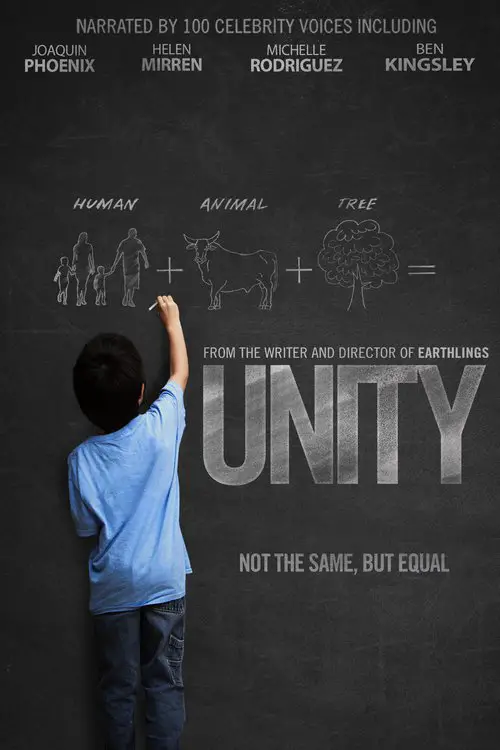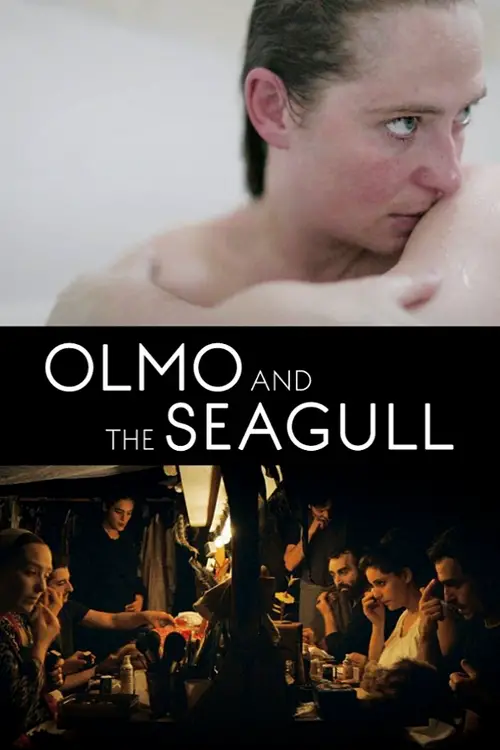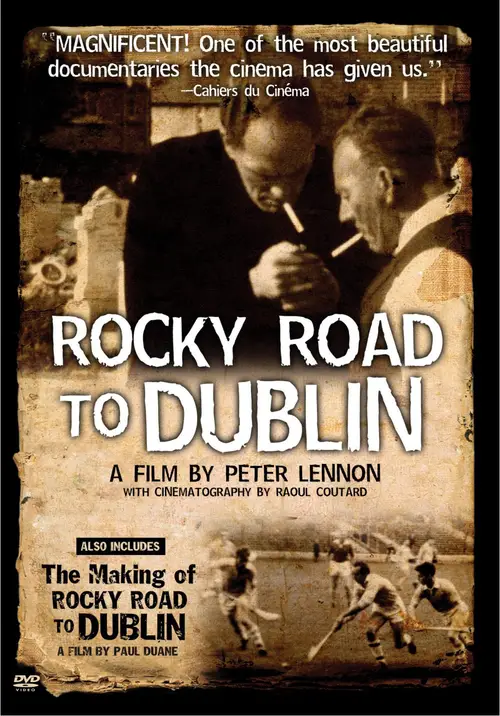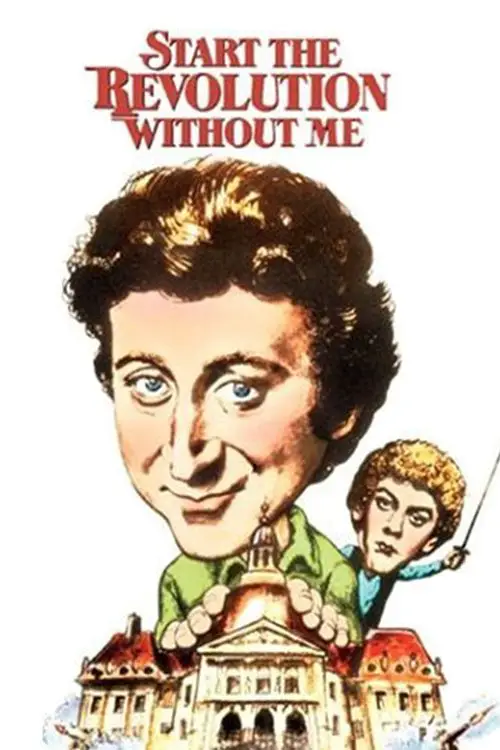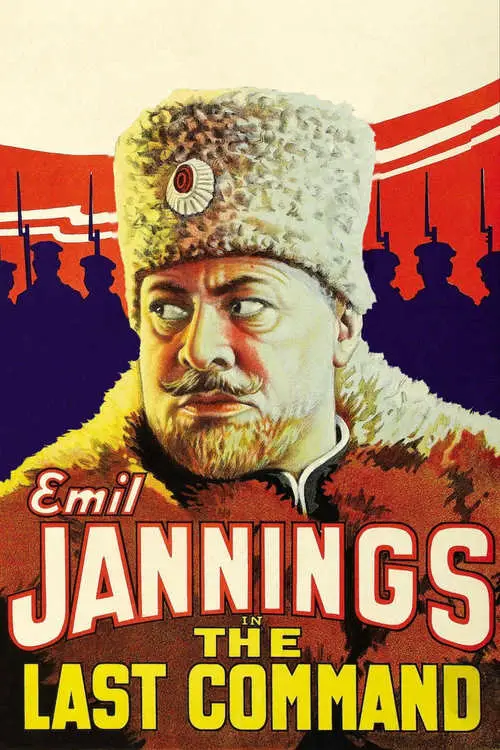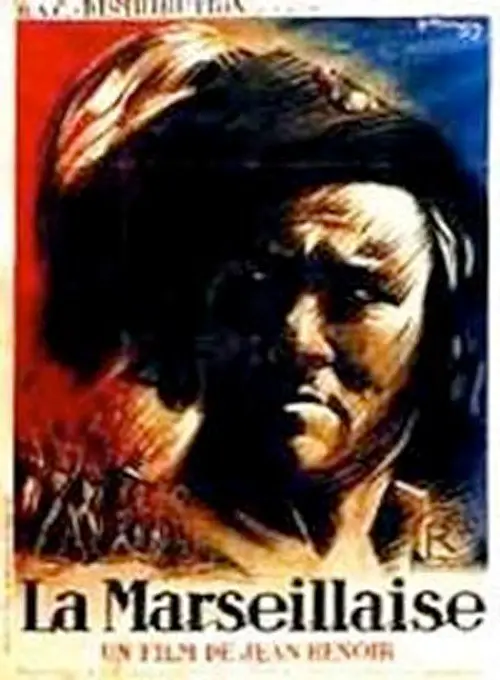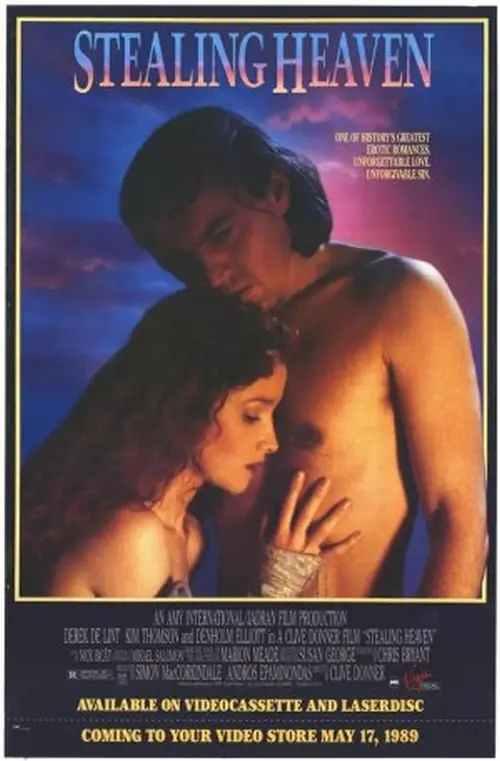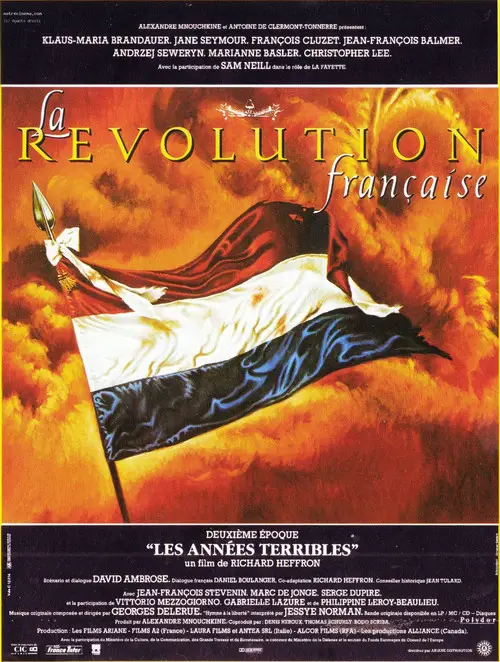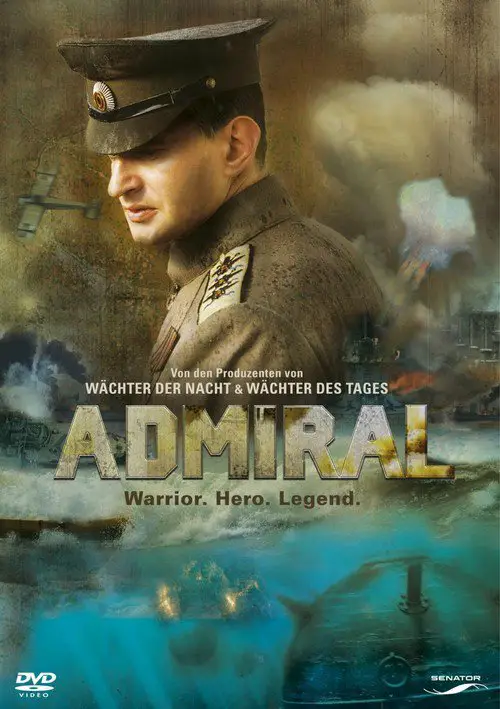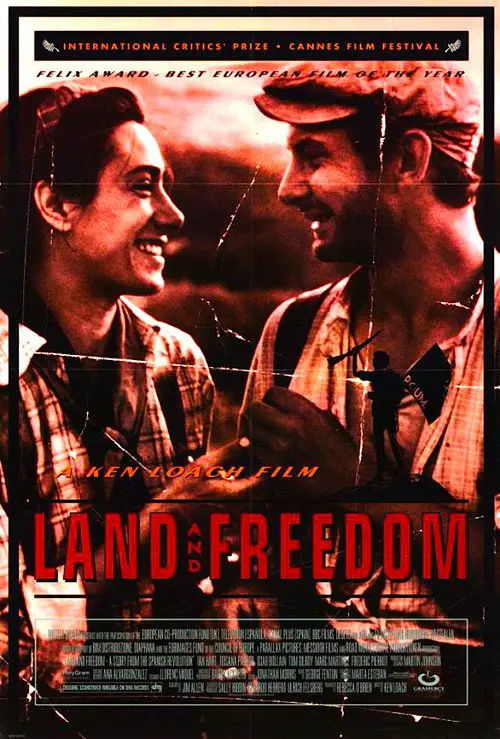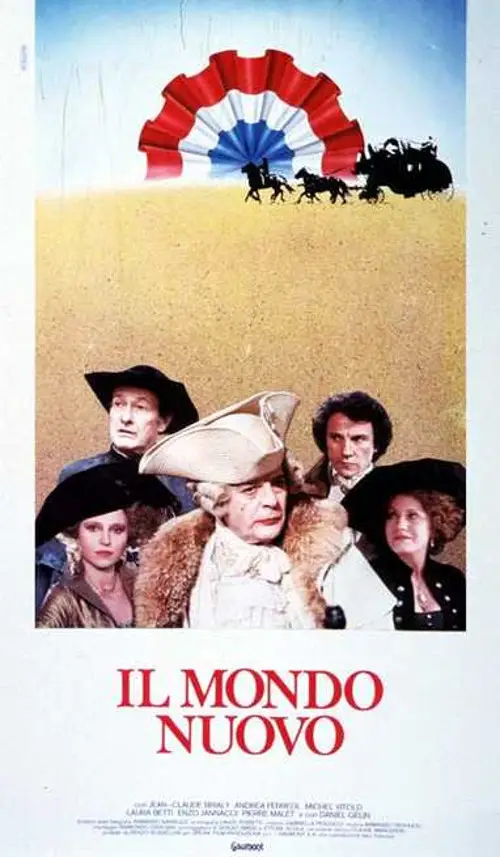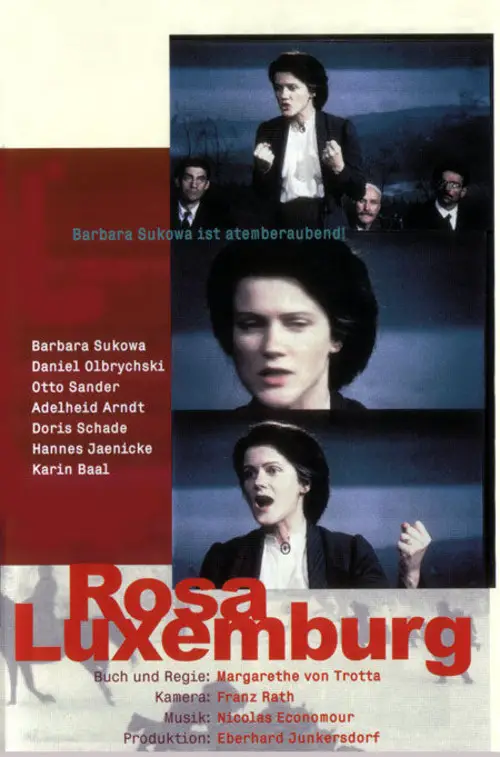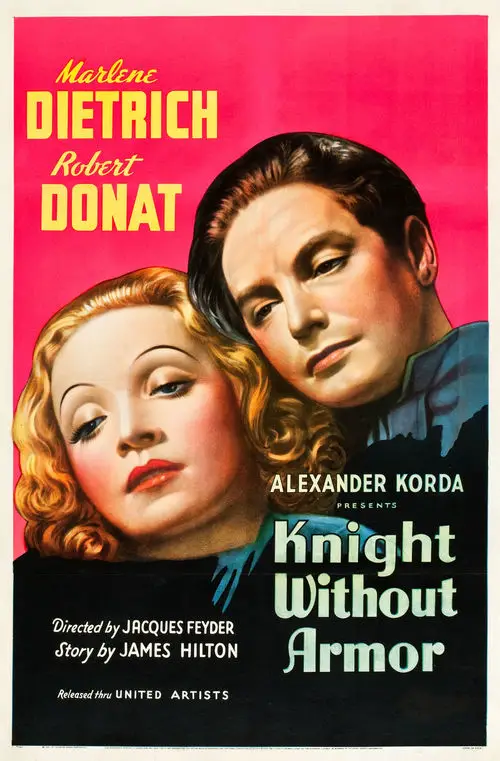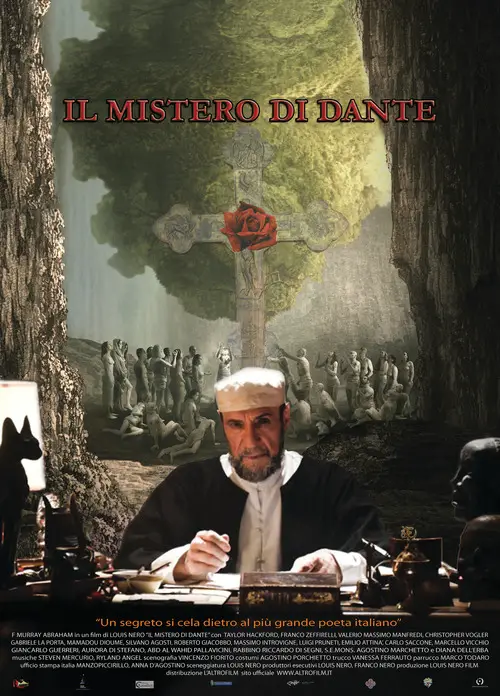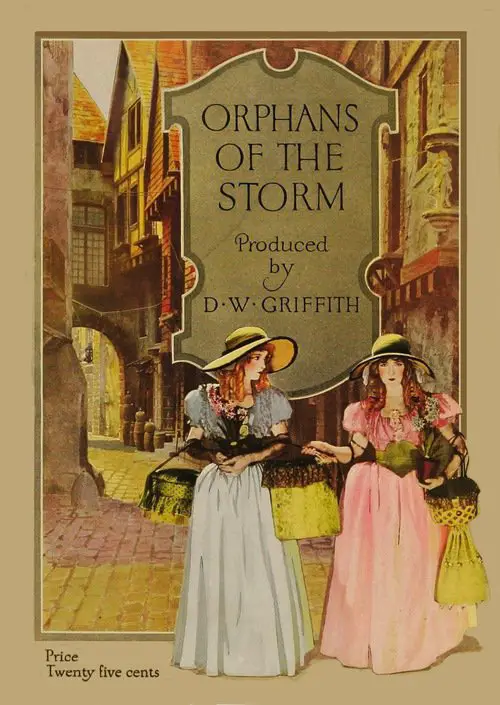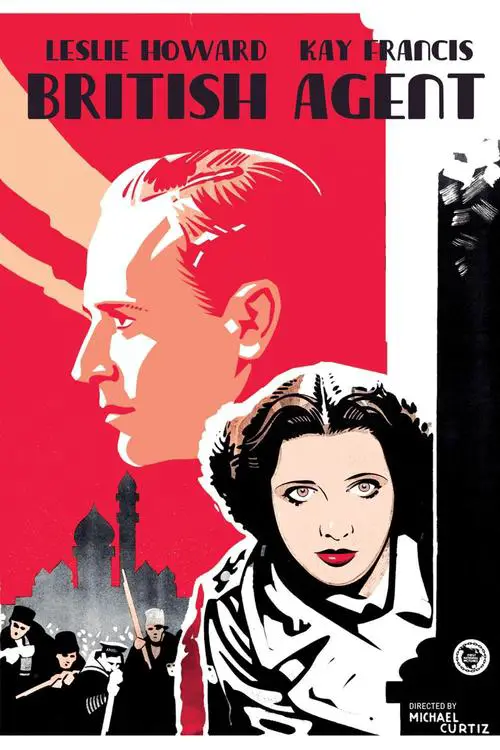Revolution (1968)
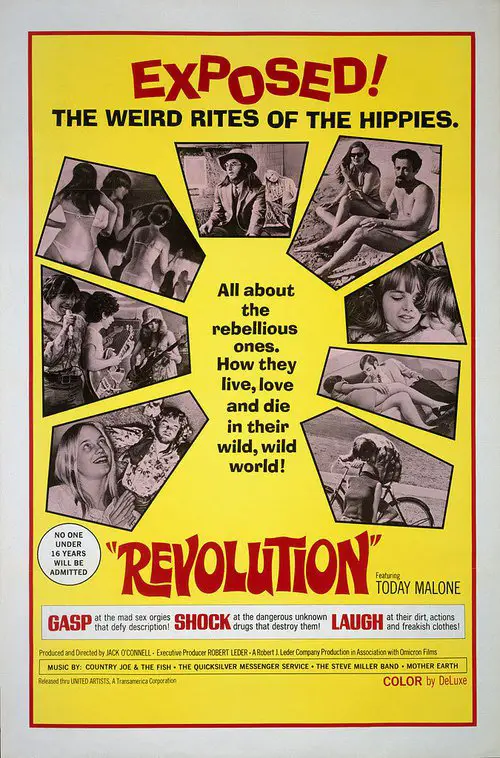
Similar movies
Most people don't think about singing when they think about revolutions. But song was the weapon of choice when, between 1986 and 1991, Estonians sought to free themselves from decades of Soviet occupation. During those years, hundreds of thousands gathered in public to sing forbidden patriotic songs and to rally for independence. "The young people, without any political party, and without any politicians, just came together ... not only tens of thousands but hundreds of thousands ... to gather and to sing and to give this nation a new spirit," remarks Mart Laar, a Singing Revolution leader featured in the film and the first post-Soviet Prime Minister of Estonia. "This was the idea of the Singing Revolution." James Tusty and Maureen Castle Tusty's "The Singing Revolution" tells the moving story of how the Estonian people peacefully regained their freedom--and helped topple an empire along the way.
An intimate look at the Woodstock Music & Art Festival held in Bethel, NY in 1969, from preparation through cleanup, with historic access to insiders, blistering concert footage, and portraits of the concertgoers; negative and positive aspects are shown, from drug use by performers to naked fans sliding in the mud, from the collapse of the fences by the unexpected hordes to the surreal arrival of National Guard helicopters with food and medical assistance for the impromptu city of 500,000.
This film is released as part of the ongoing 50th anniversary celebration of the Rolling Stones. It tells the story of the Stones' unparalleled journey from blues obsessed teens in the early 60s to their undisputed status as rock royalty. All of the Stones have been newly interviewed and their words form the narrative arc that links together archive footage of performances, news coverage, and interviews, much of it previously unseen. Taking its title from a lyric in "Jumpin' Jack Flash," this film gives the viewer an intimate insight into exactly what it's like to be part of the Rolling Stones as they overcome denunciation, drugs, dissensions, and death to become the definitive survivors. Over a year in the making and produced with the full cooperation and involvement of the Stones, this film is and will remain the definitive story of the world's greatest rock 'n' roll band
The story of Franklin's epic life from humble beginnings to fame as a scientist, founding father and America's first diplomat to France. Let The Experiment Be Made (1706 - 1753) Franklin quickly rises to prominence as a printer and publisher in Philadelphia. His discoveries in the new science of electricity help free the world from the harmful effects of lightning and propel Franklin onto the world stage. The Making Of A Revolutionary (1755 - 1776) In London, Franklin finds himself in the midst of a growing dispute between England and the colonies, a dispute that turns this loyal subject of the British empire into a revolutionary and causes a tragic break with his own son. The Chess Master (1776 - 1790) Franklin embarks on the most important mission of his long life when he becomes diplomat to France during the American Revolution. After the war, he plays a critical role in creating the U.S. Constitution and becomes the only founding father to actively campaign against slavery.
Examined Life pulls philosophy out of academic journals and classrooms, and puts it back on the streets. Offering privileged moments with great thinkers from fields ranging from moral philosophy to cultural theory, Examined Life reveals philosophy's power to transform the way we see the world around us and imagine our place in it.
The fight against drug use in America has been going on since the turn of the last century but the term "War on Drugs" only became part of our national dialogue in 1970 when it was first used by President Richard Nixon. The President later formed the DEA and started a push to outlaw drugs of all kinds. Among the most discussed drugs in this war is Marijuana. This special will look at the storied and strange history of Marijuana in America.
Reindeerspotting is a documentary film of a group of young guys living in Rovaniemi, Arctic Circle, dabbling in petty crime and hard drugs. One of them, Jani, has lost five years of his life and two fingers to his debotators. He wants to leave Lapland and his old life behind. Robbing a supermarket is a start for his getaway. A few years back a documentarist, Joonas Neuvonen, was a young men living on social welfare, using drugs on daily basis. He started to film his friends and their life. This is the story of Jani.
Revolution is a new movie from internationally-acclaimed filmmaker Rob Stewart. A follow-up to his award-winning documentary Sharkwater, this continues his remarkable journey of discovery to find out that what he thought was a shark problem is actually a people problem. As Stewart's battle to save sharks escalates, he uncovers grave dangers threatening not just sharks, but humanity. In an effort to uncover the truth and find the secret to saving our own species, Stewart embarks on a life-threatening adventure through 15 countries, over four years in the making. In the past four years the backdrop of ocean issues has changed completely. Saving sharks will be a pointless endeavor if we are losing everything else in the ocean, not just sharks. Burning fossil fuels is releasing carbon dioxide into the atmosphere; changing the oceans, changing atmospheric chemistry and altering our climate.
Take a trip back to a time when New York City wasn't all glitz and glamour as filmmaker Celine Danhier offers a look at the birth of "No Wave Cinema" and the vibrant art scene that exploded out of the East Village in the late '70s. In the years before Ronald Reagan took office, Manhattan was in ruins. But true art has never come from comfort, and it was precisely those dire circumstances that inspired artists like Jim Jarmusch, Lizzy Borden, and Amos Poe to produce some of their best works. Taking their cues from punk rock and new wave music, these young maverick filmmakers confronted viewers with a stark reality that stood in powerful contrast to the escapist product being churned out by Hollywood. ~ Jason Buchanan, Rovi
Filmmaker Adam Scorgie explores the illegal marijuana industry in British Columbia, revealing how the international business is most likely more profitable than it would be if it was lawful in this enlightening documentary. Marijuana growers, law enforcement officials, physicians, politicians, criminologists, economists and celebritiesâincluding comedian Tommy Chongâshed light on this topical subject in a series of compelling interviews.
Deep Web gives the inside story of one of the the most important and riveting digital crime sagas of the century -- the arrest of Ross William Ulbricht, the convicted 30-year-old entrepreneur accused to be 'Dread Pirate Roberts,' creator and operator of online black market Silk Road. The film explores how the brightest minds and thought leaders behind the Deep Web are now caught in the crosshairs of the battle for control of a future inextricably linked to technology, with our digital rights hanging in the balance.
Free Angela is a feature-length documentary about Angela Davis and the high stakes crime, political movement, and trial that catapults the 26 year-old newly appointed philosophy professor at the University of California at Los Angeles into a seventies revolutionary political icon. Nearly forty years later, and for the first time, Angela Davis speaks frankly about the actions that branded her as a terrorist and simultaneously spurred a worldwide political movement for her freedom.
A documentary film that highlights two street derived dance styles, Clowing and Krumping, that came out of the low income neighborhoods of L.A.. Director David LaChapelle interviews each dance crew about how their unique dances evolved. A new and positive activity away from the drugs, guns, and gangs that ruled their neighborhood. A raw film about a growing sub-culture movements in America.
A colorful and provocative survey of anarchism in America, the film attempts to dispel popular misconceptions and trace the historical development of the movement. The film explores the movement both as a native American philosophy stemming from 19th century American traditions of individualism, and as a foreign ideology brought to America by immigrants. The film features rare archival footage and interviews with significant personalities in anarchist history including Murray Boochkin and Karl Hess, and also live performance footage of the Dead Kennedys.
A portrait documentary tracing the inspiration, philosophy and imagination of the celebrated theatre and screen writer - and Bunuel's long term collaborator - Jean Claude Carrière. Carrière predicts that between the house he was born in and the cemetery in which he will end there is a life journey of just 250 meters. "Carrière: 250 Meters" follows him as he reflects on the wealth of global traditions of storytelling, travelling through past and present, across countries and cultures from Paris to New York, Mexico and India and joined by his family, friends and collaborators. A testament to the life and work of an extraordinary man and a key architect in contemporary cinema.
Videograms of a Revolution is a 1992 documentary film compiled by Harun Farocki and Andrei UjicÄ from over 125 hours of amateur footage, news footage, and excerpts from the Bucharest TV studio overtaken by demonstrators as part of the December 1989 Romanian Revolution. In 2004 the Austrian Film Archive selected the documentary as part of its Die Utopie Film program for The Best 100 in Film History list.
Four volume documentary set ("Adolf Hitler", "The SS Blood and Soil", "The Enigma of the Swastika", and "Himmler The Mystic") containing mainly B&W as well as some color archival footage, with narration explaining the influences of alternative belief systems (occult, paganism, mysticism, etc) on the Nazi ideology and Hitler's personal philosophy. Also documents the history and development of the ideas and symbols that would be used along with eugenicist racial politics to perpetrate the murder and oppression of millions during World War II.
2012 - no other date in the near future seems to be as important. In addition to many fictional natural disasters (like Emmerich's 2012) that refer to the end of a great cycle as mentioned in the ancient Mayan calendar, more and more people also predict a spiritual revolution that the earth is about to face. In REVOLUTION 2012, the biophysicist Dieter Broers verifies on the basis of scientific research results of different special fields, a spectacular connection between the solar activities, the geomagnetic field and the human psyche. It is not an accident that NASA keeps warning of the next solar maximum, which is expected around the years 2012 and 2013.
A Topeka, Kansas fun park dance troupe led by a 260 pound dancer (Ben Zook) learns that the park is going to close. Their leader convinces the group, now named "The Stupendous Six", to join him in a painted up bus and to hit the road to find the big time. The Six compete against other dancers to win a chance to compete in the grand finale at the Little Miss Orange County Beauty Pageant. The other members of the Six are Melanie Hutsell as an airhead, Margaret Cho as a oral fixated sex maniac, Brett Paesel as the leader's homosexual lover, Bruce Daniels as the African-American member with a penchant for misuse of black slang, and Michael Irpino as another more stereotypical gay dancer. Lots of cameos from tv stars occur in the various dance numbers. But this comedy does take most of its cues from "The Full Monty" rather than from other major dance films.
DEFCON is the world's largest hacking conference, held in Las Vegas, Nevada. In 2012 it was held for the 20th time. The conference has strict no-filming policies, but for DEFCON 20, a documentary crew was allowed full access to the event. The film follows the four days of the conference, the events and people (attendees and staff), and covers history and philosophy behind DEFCON's success and unique experience.
Black and white footage of performances, interviews, and conversations at the Newport Folk Festival, from 1963 to 1966. The headliners are Peter, Paul and Mary, Joan Baez, Pete Seeger, and Bob Dylan, who's acoustic and electric. Son House and Mike Bloomfield talk about the blues; John Hurt, Howlin' Wolf, and Sonny Terry and Brownie McGhee show its range. The Osborne Brothers perform bluegrass. Donovan, Johnny Cash, Judy Collins, Mimi and Dick Farina, and others less well known also perform. Several talk musical philosophy, and there's a running commentary about the nature and appeal of folk music. The crowd looks clean cut.
Sex Positive explores the life of Richard Berkowitz, a revolutionary gay S&M hustler turned AIDS activist in the 1980s, whose incomparable contribution to the invention of safe sex has never been aptly credited. Mr. Berkowitz emerged from the epicenter of the epidemic demanding a solution to the problem before the outside world would take heed. Now destitute and alone, Mr. Berkowitz tells his story to a world who never wanted to listen.
The anger and outrage captured by graphic artists have defined revolutions through the centuries. Printmakers have depicted the human condition in all its glories and struggles so powerfully that perceptions, attitudes and politics have been dramatically influenced. And the value and impact of this art is even more important today. In the new documentary, ART IS... THE PERMANENT REVOLUTION, three contemporary American artists and a master printer help explain the dynamic sequences of social reality and protest. Among the wide range of 60 artists on display are Rembrandt, Goya, Daumier, Kollwitz, Dix, Masereel, Grosz, Gropper, and Picasso. While their stirring graphics sweep by, the making of an etching, a woodcut and a lithograph unfolds before our eyes, as the contemporary artists join their illustrious predecessors in creating art of social engagement.
'Olmo and the Seagull' is a poetic and existential dive into an actress's mind during the nine months of her pregnancy as she must confront her most fiery inner demons while trying to rewrite a new philosophy of life, identity and love. Underlying this hybrid film is mounting tension over what is real and what is enacted when one is performing one's own life.
Rocky Road to Dublin is a 1968 documentary film by Irish-born journalist Peter Lennon and French cinematographer Raoul Coutard, examining the contemporary state of the Republic of Ireland, posing the question, "what do you do with your revolution once you've got it?" It argues that Ireland was dominated by cultural isolationism, Gaelic and clerical traditionalism at the time of its making.
The struggle to eradicate apartheid in South Africa has been chronicled over time, but no one has addressed the vital role music plays in this challenge. This documentary by Lee Hirsch recounts a fascinating and little-known part of South Africa's political history through archival footage, interviews and, of course, several mesmerizing musical performances.
New York trapper Tom Dobb becomes an unwilling participant in the American Revolution after his son Ned is drafted into the Army by the villainous Sergeant Major Peasy. Tom attempts to find his son, and eventually becomes convinced that he must take a stand and fight for the freedom of the Colonies, alongside the aristocratic rebel Daisy McConnahay. As Tom undergoes his change of heart, the events of the war unfold in large-scale grandeur.
An account of the adventures of two sets of identical twins, badly scrambled at birth, on the eve of the French Revolution. One set is haughty and aristocratic, the other poor and somewhat dim. They find themselves involved in palace intrigues as history happens around them. Based, very loosely, on Dickens's "A Tale of Two Cities," Dumas's "The Corsican Brothers," etc.
This movie tells the true story of John Reed, a radical American journalist around the time of World War I. He soon meets Louise Bryant, a respectable married woman, who dumps her husband for Reed and becomes an important feminist and radical in her own right. After involvement with labor and political disputes in the US, they go to Russia in time for the October Revolution in 1917, when the Communists siezed power. Inspired, they return to the US, hoping to lead a similar revolution. A particularly fascinating aspect of the movie is the inclusion of interviews with "witnesses", the real-life surviving participants in the events of the movie.
Danton (Gérard Depardieu) and Robespierre (Wojciech Pszoniak) were close friends and fought together in the French Revolution, but by 1793 Robespierre was France's ruler, determined to wipe out opposition with a series of mass executions that became known as the Reign of Terror. Danton, well known as a spokesman of the people, had been living in relative solitude in the French countryside, but he returned to Paris to challenge Robespierre's violent rule and call for the people to demand their rights. Robespierre, however, could not accept such a challenge, even from a friend and colleague, and he blocked out a plan for the capture and execution of Danton and his allies.
Abelard, a famous teacher of philosophy at the cathedral school of Notre Dame, falls in love with one of his students, Héloïse d'Argenteuil. A sixteen-year old girl raised in a convent, Héloïse has an intellectual curiosity and rebels against the status of women in 12th century Europe. When others begin to suspect their relationship, Heloise's uncle Fulbert and the bishop of Paris work together to put a stop to it. Héloïse becomes pregnant with Abelard's child, and they are married in secret. Abelard struggles for acting against the will of God, yet is unable to escape his love for Heloise.
A history of the French Revolution from the decision of the king to convene the Etats-Generaux in 1789 in order to deal with France's debt problem. The first part of the movie tells the story from 1789 until August 10, 1792 (when the King Louis XVI lost all his authority and was put in prison). The second part carries the story through the end of the terror in 1794, including the deaths by guillotine of Louis XVI, Marie-Antoinette, Danton, and Desmoulins.
This breathtaking, visually experimental film from New Wave director Eric Rohmer tells the true story of Grace Dalrymple Elliot (Lucy Russell), a British aristocrat trapped in Paris during the French Revolution. Determined to maintain her stiff upper lip and pampered life despite the upheaval, Grace continues her friendship with the Duke of Orléans (Jean-Claude Dreyfus) while risking her life and liberty to protect a fugitive.
This is a story of a great love facing the greatest drama of the history of Russia. Admiral Kolchak is a true war hero and beloved husband and father. One day he meets Anna, the love of his life and the wife of his best friend. The revolution in his heart faces the revolution in his own country His destiny is to become the Supreme Rules of Russia.
The movie narrates the story of David Carr, an unemployed worker and member of the Communist Party of Great Britain. In 1936 he decides to fight for the Republican side in the Spanish Civil War, an anti-fascist coalition of liberals, communists and anarchists. Similar to George Orwell's experiences documented in Homage to Catalonia, he joins the POUM worker militia and witnesses first hand the betrayal of the Spanish revolution by the Stalinists, loyal only to the dictat of Moscow.
Wronke Prison, 1916. Social democrat Rosa Luxemburg faces a mock execution. Twenty years earlier, Rosa's political gifts are acknowledged by everyone, as she struggles for democratic government in Germany and revolution in Poland. There she works closely with Leo Jogiches. Their political activity creates some difficulty for their personal relationship... As international tensions rise, Rosa makes speeches denouncing war and militarism. She seems too radical for her fellow Socialists. She meets Karl Liebknecht. When World War I begins, Rosa and Karl are united in opposition...
Henriette and Louise, a foundling, are raised together as sisters. When Louise goes blind, Henriette swears to take care of her forever. They go to Paris to see if Louise's blindness can be cured, but are separated when an aristocrat lusts after Henriette and abducts her. Only Chevalier de Vaudrey is kind to her, and they fall in love. The French Revolution replaces the corrupt Aristocracy with the equally corrupt Robespierre. De Vaudrey, who has always been good to peasants, is condemned to death for being an aristocrat, and Henriette for harboring him. Will revolutionary hero Danton, the only voice for mercy in the new regime, be able to save them from the guillotine?
The Russian Revolution provides the backdrop of this costume epic that centers around a young nobleman who, with his maid, escapes from his homeland to Constantinople where the two marry and begin a new life as commoners. But though it seemed a good idea at the time, the aristocrat has trouble adjusting to the daily toil and grimness of his new existence and when he meets an exciting seductress he immediately, abandons his good, peasant wife. With his shady lady, the fellow tries to become a con artist, but it doesn't work. He decides to return to his wife, and gets there just as she is about to be sent back to Russia. Much of the film was shot in real homes in Constantinople.
© Valossa 2015–2026
| Privacy Policy
